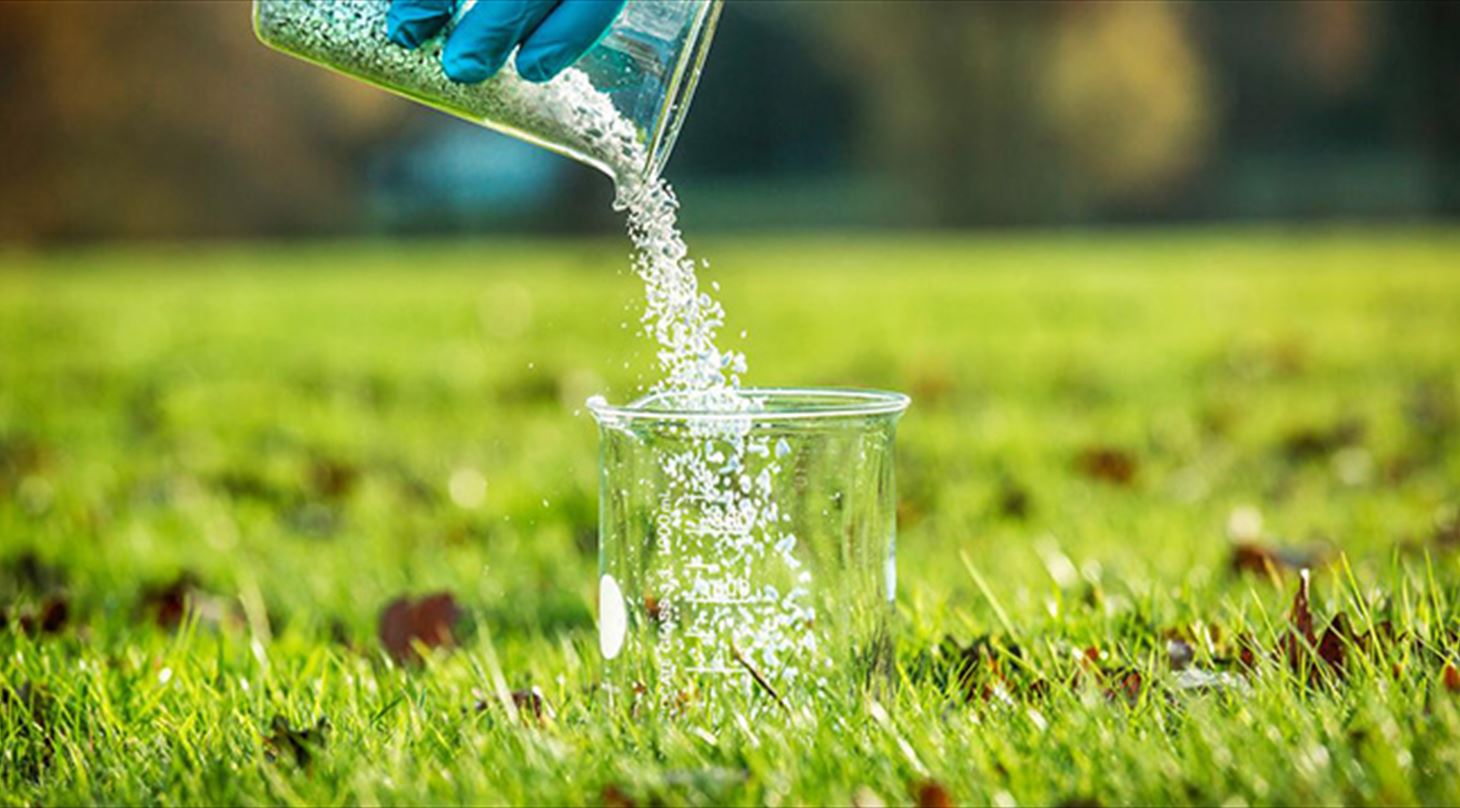
Recycled Plastics - Introduction
Select Page
Plastic is a versatile material, offering a range of properties such as strength, weight, production cost, and durability over many years.
However, this very durability poses a challenge if plastic is not recycled or disposed of responsibly.
Globally, more than eight billion tons of plastic have been produced, and about 30 percent of this is still in circulation. We need to reuse this to a much greater extent than we do today. A large part of the plastic that is currently recycled is downcycled, meaning the plastic is reused to make products of lower quality than the original, for example when household waste is recycled into floor planks. Read more about that here
At the Danish Technological Institute, we help several of our clients with downcycling, but we would like to get even more companies on board with upcycling plastic, thus recycling plastics into products of the same quality as originally – we refer to this as high-value plastics. We work with several chemical technologies to recycle plastics into high-value plastics, for example by recycling plastics from used medical equipment and by breaking down plastic layers in multilayer packaging, thereby leaving a residue that can be recycled. Chemical technologies are highlighted as one of the obvious methods for recycling plastics, as noted in a report from Innovation Fund Denmark and McKinsey.
Download the report here.
Additionally, we actively participate in partnerships to guide companies in producing plastics designed for recycling, including collaborations with the plastics industry.
How can the Danish Technological Institute help?
We can help our clients perform sustainability tests on their existing plastic products and provide advice on how current products can be recycled. We can also assist clients in designing plastic products for recycling and using recycled plastic in their production:
- Consulting on minimizing and/or recycling own production waste
- Consulting on product design and production using recycled raw materials
- Quality assurance of recycled raw materials
- Degradability/stability analysis of raw materials and finished items
- Development projects within resource or environmental fields
- Contacts and networks in the recycling sector
In addition to reducing the consumption of plastic raw materials based on fossil resources through recycling, more and more consumers and producers are also requesting bio-based and biodegradable plastic products.